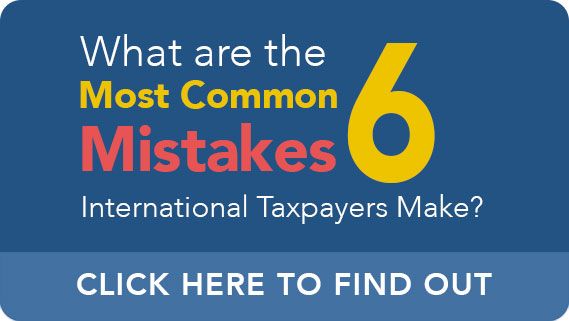US Taxes for Expats in Thailand
One of the largest economies in Southeast Asia, Thailand’s vibrant culture and rapid financial growth have made it a popular destination for American expatriates in recent years. But while its exotic climes and robust economy make bustling Thailand an appealing destination for expatriation, US taxpayers must also pay close attention to income reporting requirements and tax obligations at the risk of triggering large civil penalties, criminal investigation, and even potential incarceration.
If you are a US expat to Thailand, CPA Ted Kleinman can help you resolve matters of noncompliance, or work with you to maximize your deductions while mitigating your liabilities. Whether you need assistance filing an FBAR, navigating FATCA requirements, reentering the tax system from a background of unfiled tax returns, or avoiding double taxation, Ted Kleinman offers clients more than 30 years of expertise handling international and expatriation tax issues.
The sooner you start discussing your matter with a skilled CPA, the smoother and more efficiently your tax matter can be resolved, so don’t wait another day. To arrange for a private consultation with US Tax Help, call Ted Kleinman right away at (541) 923-0903.

FATCA and FBAR Reporting Requirements for American Taxpayers in Thailand
The Department of Justice and IRS are known for aggressively pursuing instances of suspected tax fraud. While many business owners and individuals make the unfortunate mistake of assuming they are simply “too small” to register on the IRS’ radar, on the contrary, the IRS has actually redoubled its efforts to prosecute tax crimes. The IRS has adopted the use of special software to help identify possible tax fraud, and reports that its Criminal Investigations Division initiated over 5,300 cases in 2013 alone. Because Thailand is a popular destination for expatriates and home to numerous offshore accounts, it has also become a target for close federal scrutiny.
For these reasons, it is crucial that expats and US persons working or residing in Thailand take careful measures to help protect against or correct instances of tax fraud, tax evasion, failure to file, and other problems. In particular, US taxpayers should be aware of two very important regulations: FATCA, or the Foreign Account Tax Compliance Act, and FBAR, or the Report of Foreign Bank and Financial Accounts. Both seek to reduce US tax evasion by enforcing strict and explicit reporting requirements pertaining to foreign income and assets.
FATCA was only enacted in 2010; yet despite its short history, this act has already had a major impact on reporting requirements for US persons with foreign financial interests. You must comply with FATCA by filing Form 8938 if your assets exceed the IRS threshold, which varies depending on factors such as marital status, place of residence, and value of your assets at certain points during the tax year.
While its ultimate goals and purposes are similar, FBAR is a separate matter, and accordingly provides different reporting requirements. You must file an FBAR by submitting FinCEN Report 114 (previously TD F 90-22.1) online if your assets exceeded $10,000 in value at any point during the tax year.

Participating in the IRS Streamlined Offshore Procedure
The IRS has recently begun offering certain taxpayers the chance to participate in the Streamlined Offshore Program. Streamlined participation can have tremendous benefits for non-compliant taxpayers, most notably the chance to avoid criminal prosecution. While Streamlined participants may still be subject to taxes and interest, for many taxpayers the benefits outweigh the disadvantages.
Nonetheless, Streamlined is not without its pitfalls. The IRS has stated the program could end at any time, taxpayers who are already under investigation are not eligible for relief, and the Streamlined is notably fraught with hazards. An experienced CPA can help you understand the positives and negatives of the Program and other strategies, and will work with you and your IRS examiners toward the best possible resolution to your issue.
Taxes for US expats in Thailand can become extremely complex, and even a slight delay or miscalculation could have devastating results. The dedicated tax professionals of US Tax Help will protect your best interests while bringing you toward compliance with the law. To set up a confidential consultation, call CPA Ted Kleinman at (541) 923-0903 today.
